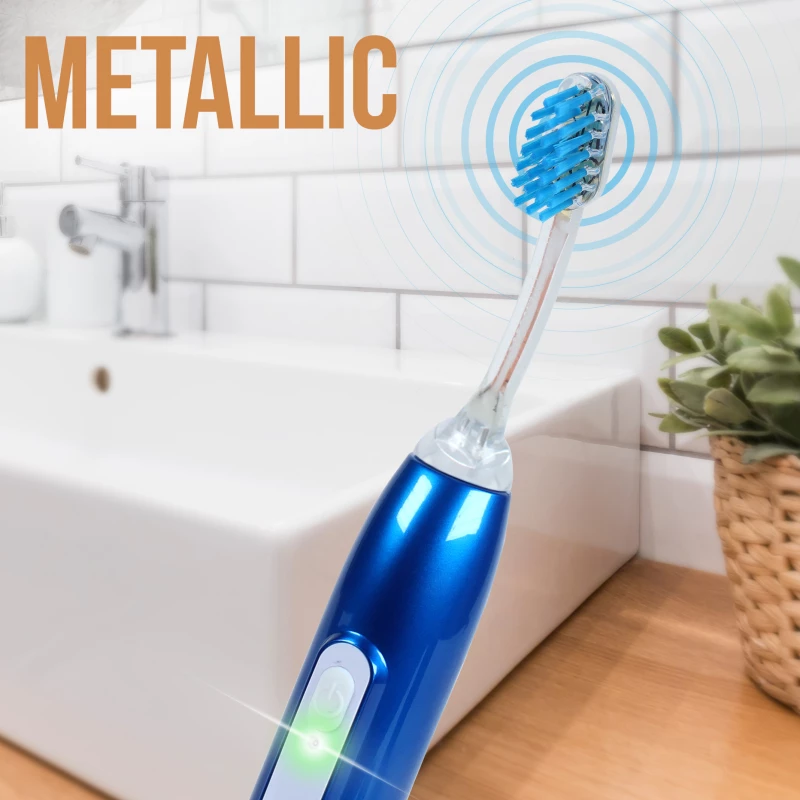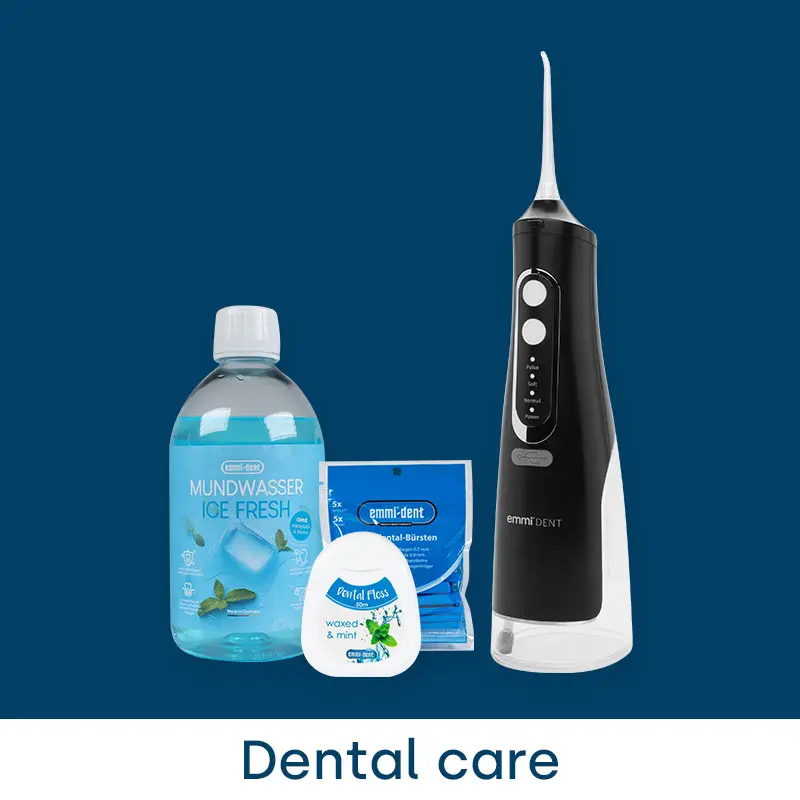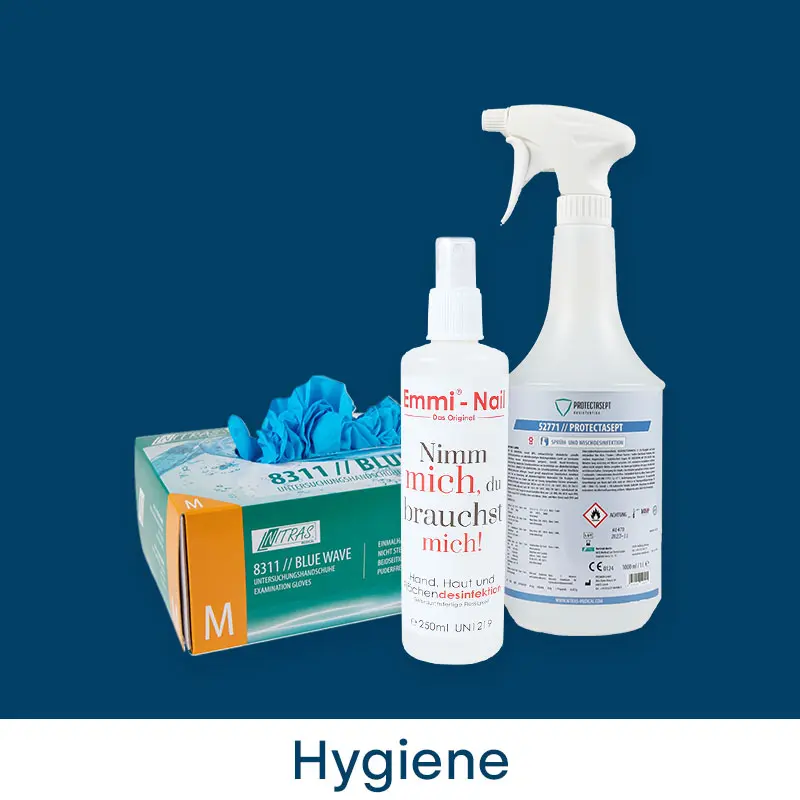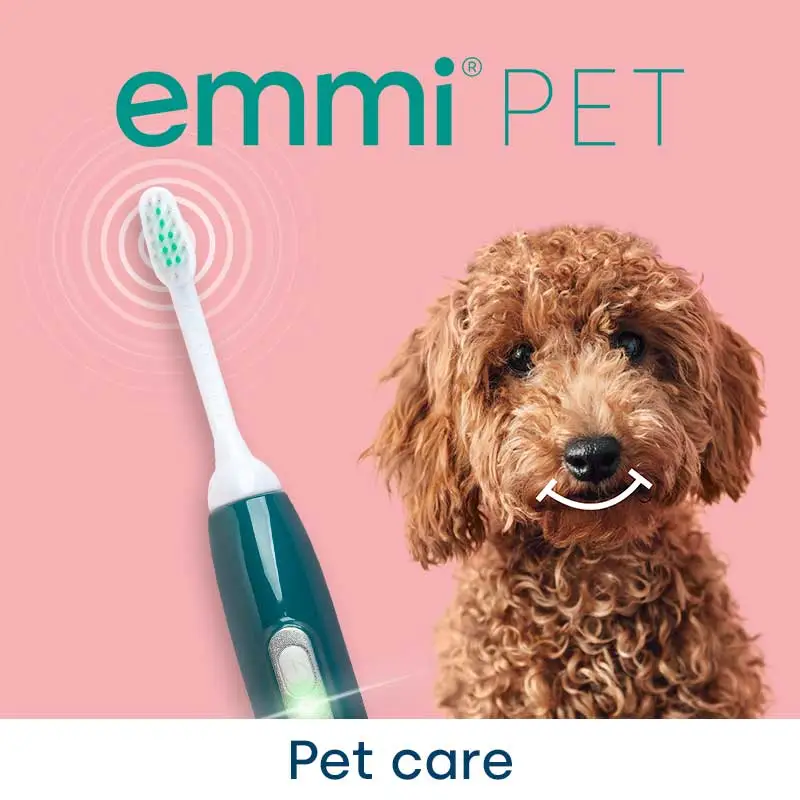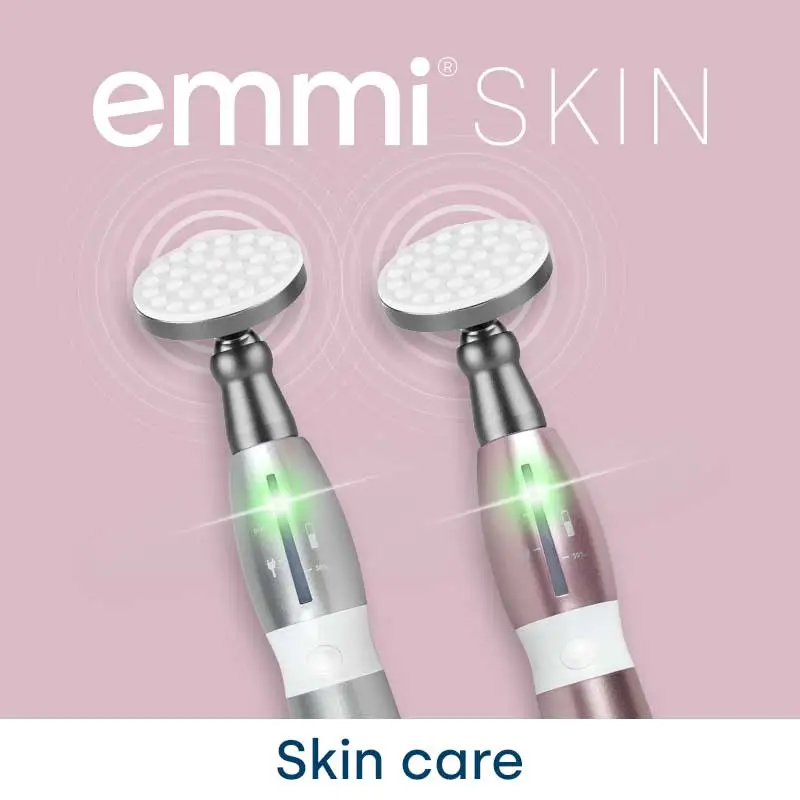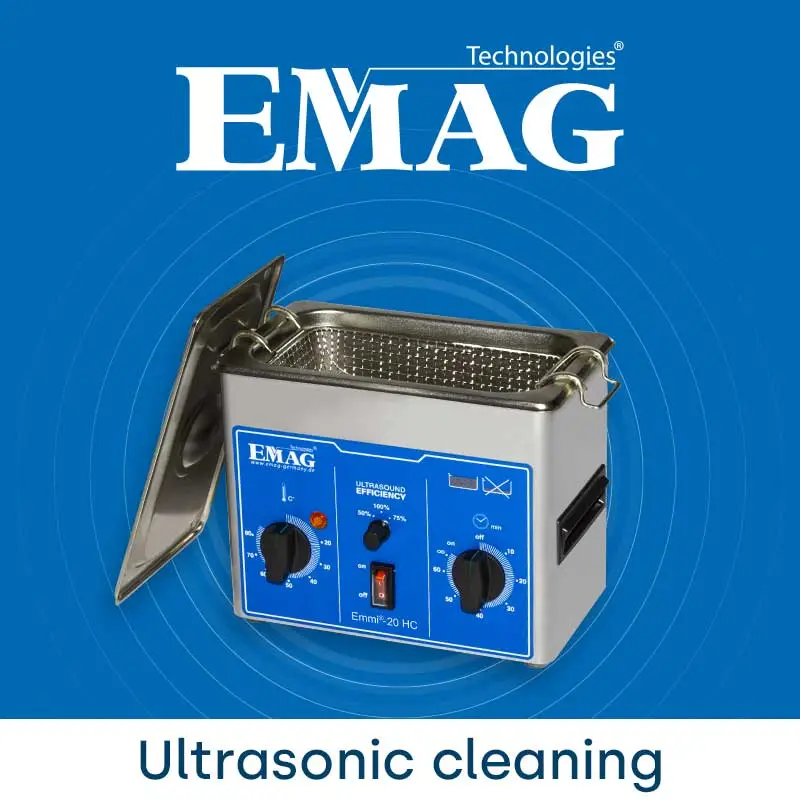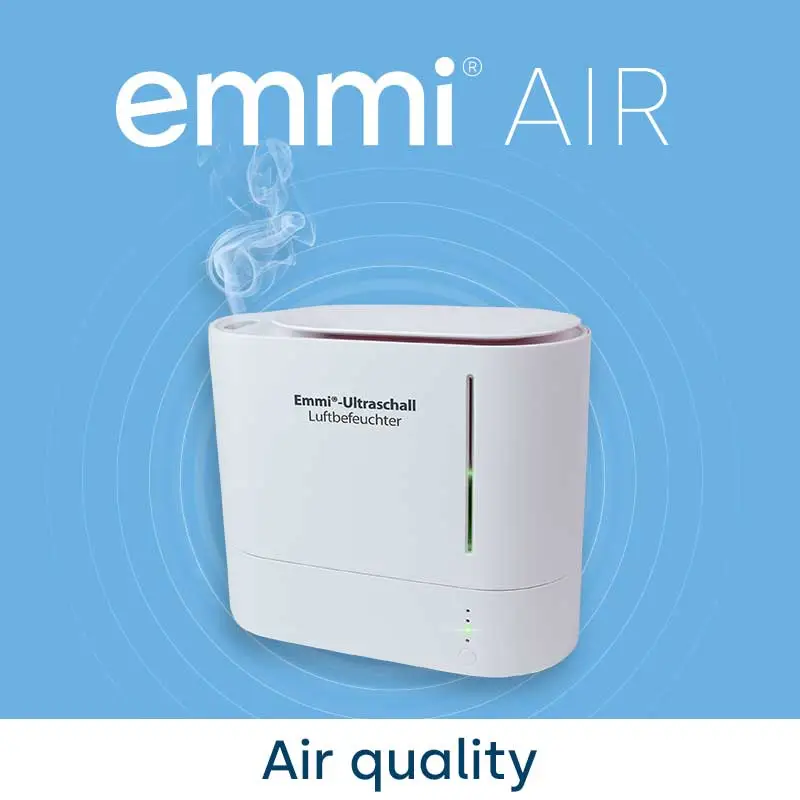
Oral health is an important part of our overall well-being that is sometimes overlooked in people with disabilities and handicaps. Challenges with fine motor skills, sensory sensitivities or other limitations can make daily oral hygiene routines difficult. However, with the right strategies and tools, anyone - regardless of ability - can ensure a healthy smile. In this article, we share holistic oral health tips tailored to the specific needs of people with disabilities and handicaps.
Customised adjustments for effective oral care
Accessible dental care instruments: There are a variety of aids that make oral care easier. These include, for example, toothbrushes with thickened or extended handles that are easier to hold, or electric toothbrushes that require less manual dexterity. The ultrasonic toothbrushes from emmi-dent can be particularly useful as they allow thorough cleaning with minimal effort while being gentle on the gums.
Routine is key: A consistent routine helps to maintain oral health. It can be helpful to schedule fixed times for dental care, possibly supported by reminders such as timers or apps.
Take advantage of professional support: Regular visits to a dentist who is experienced in dealing with patients with special needs are essential. Such specialised professionals can offer individual advice and provide specialised care services if required.
Tips for carers
Patience and understanding: Assisting with oral care can be a challenge for carers. Patience and a willingness to find techniques that work for the carer are essential.
Positive reinforcement: Praise and small rewards can be a great motivator and help to create positive experiences with oral care.
Interactive learning methods: Visual aids, stories or songs about dental care can help to stimulate interest and understanding of oral hygiene.
Further supporting measures
Adapt your diet: A low-sugar diet contributes significantly to the prevention of tooth decay and other oral problems. Fresh fruit and vegetables and an adequate intake of water also support the natural cleaning of the teeth and oral cavity.
Awareness-raising and education: Raising awareness of the special oral health needs of people with disabilities is of great importance both in society and in the professional world. Awareness campaigns and specially tailored information materials can make a major contribution here.
Oral health is a right that everyone is entitled to, including people with disabilities. By adapting care routines and using aids, everyone - regardless of physical or mental limitations - can enjoy a healthy smile. It's about finding solutions that meet individual needs and creating an environment that promotes a positive and consistent care routine.

